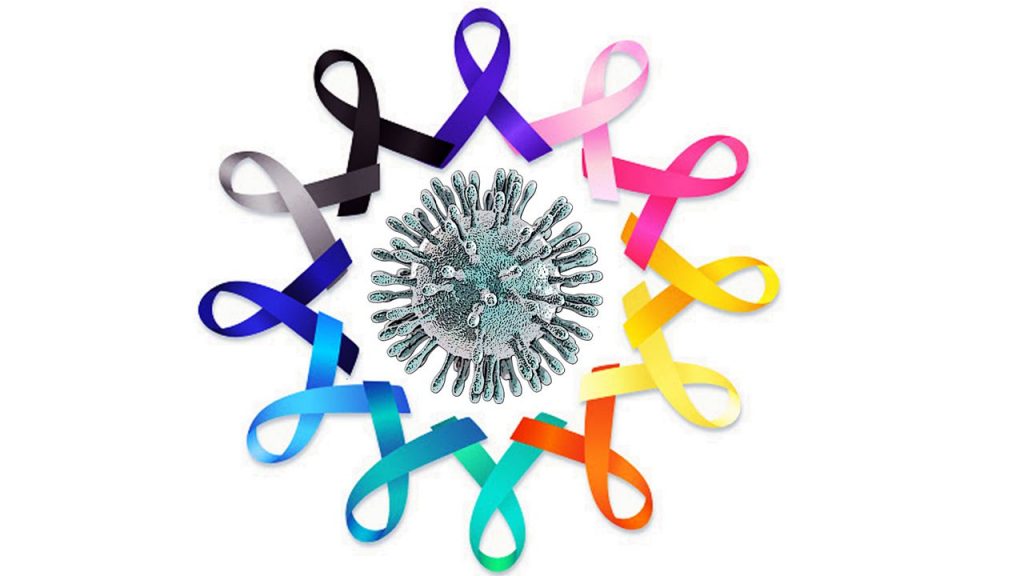Dichloroacetic Acid (or Sodium Dichloroacetate) which is commonly referred to as DCA is an interesting chemical compound which has the potential to treat a number of different types of cancer. We will delve more into this compound and see how it might indeed be of benefit as a cancer treatment.

This compound does not occur naturally but is rather synthesized and prepared as a reduction of trichloroacetic acid. DCA was originally believed to be of benefit largely in children who experienced lactic acidosis. However controlled studies were not able to show any benefit. In addition the subjects could not continue to try the compound due to the progressive toxicities which can occur.
However DCA has its real potential benefit as a cancer treatment drug. It has been found that cancer cells tend to exhibit increased glycolysis due the anaerobic respiration which occurs through lactic acid fermentation rather oxidative phosphorylation which occurs in the mitochondria of healthy cells for energy. This mechanism tends to occur in tumors and mitochondria within cells which function incorrectly. Usually cells with this condition go through a form of self-destruction and die. However this does not generally occur in cancer cells.
But an early study which was published in January 2007 by researchers at the University of Alberta showed that DCA was able to restore natural mitochondrial function in cancer cells which were grown in mice. By restoring this function it enabled the cancer cells to self-destruct.
This brought about more attention to the compound and an article in New Scientist magazine called it a safe drug which kills most cancers. This has led to strong interest from the public and general medical community regarding this compound.
Clinical trials with humans who have cancer have not yet been done in the US and they are not yet complete in Canada. So a scientific and clinical conclusion on the benefits of this compound are as of yet unclear.
However because it is not patented, the compound is available from many sources and a number of medical and non-medical groups have adopted its use and are promoting the benefits of this compound in treating cancer.
 This has also lead to the potential for people to self-medicate since they can obtain it quite easily. Medical and scientific personnel are very concerned about this because there are no safe established dosage guidelines. In addition there appears to be some problem with reactions and toxicity over a long term basis.
This has also lead to the potential for people to self-medicate since they can obtain it quite easily. Medical and scientific personnel are very concerned about this because there are no safe established dosage guidelines. In addition there appears to be some problem with reactions and toxicity over a long term basis.
So anyone considering using this compound would be well advised to seek medical assistance and take advantage of resources which may be able to help to answer questions regarding its potential use. It is by no means a wonder drug and its use should be done very carefully.
However the results of a number of earlier studies are promising so its potential cannot be ignored. Further study is needed and it will be very interesting to see the results which come from such controlled studies. Potential users are encouraged to check on latest information posted on the Internet.



